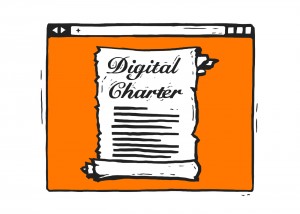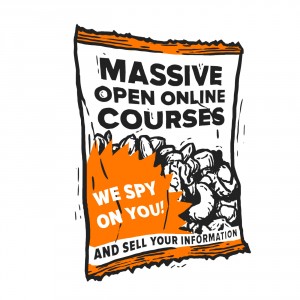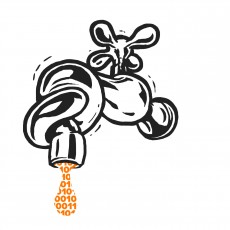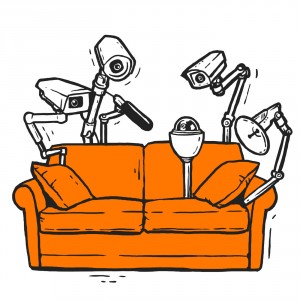Digital Charter
Quite a few of the current articles are so good and important, that they deserve their own episodes. Above all, the guest article by Martin Schulz with the headline: “Freedom, Equality, Data Sovereignty. Why we need a charter for digital rights.”
In this article, the President of the European Parliament speaks to our hearts. For example, when he writes: “If left completely uncontrolled, the new technology could lead to less plurality and in its stead, increase the lack of freedom.” For Schulz, the protection of our fundamental rights in the form of a charter, is the only way we can prevent “digital totalitarianism”. Right you are, Mr. Schulz, Free Your Data and let us work on a charter for our digital future unitedly!






Comments